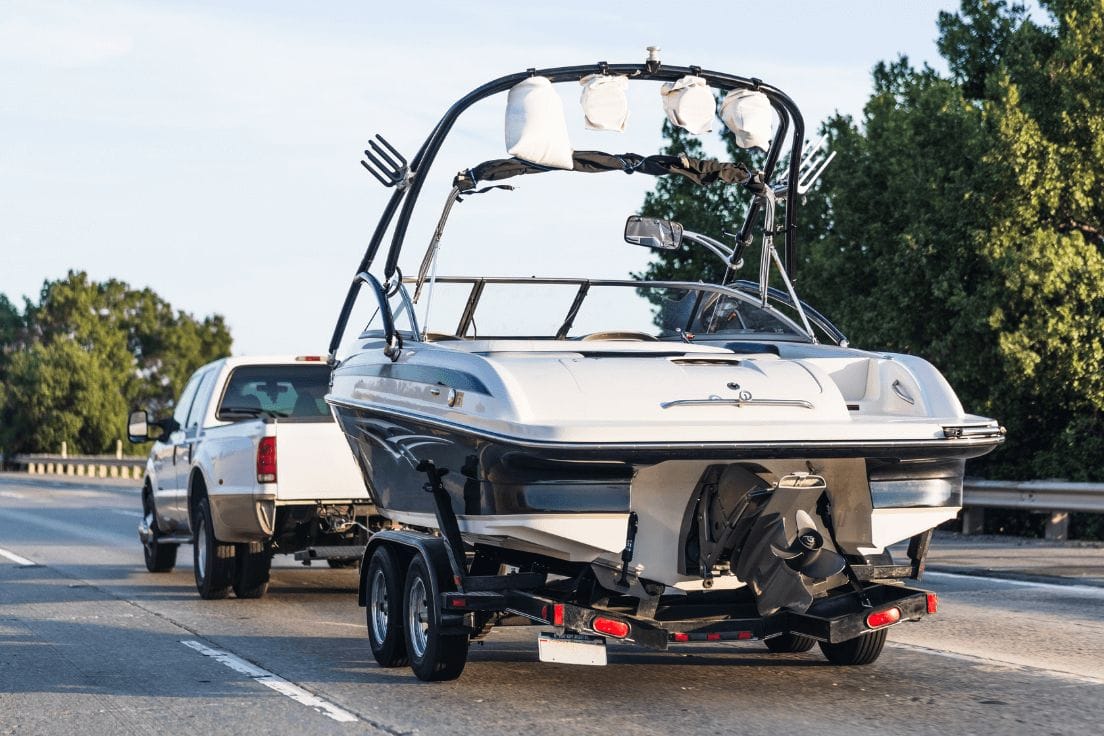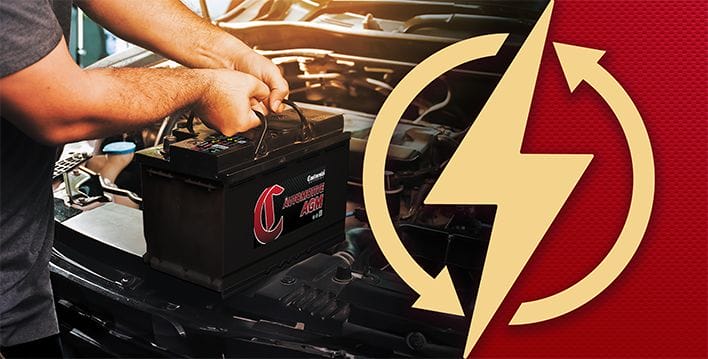
Car and boat batteries are definitely not interchangeable, but do you know why?
Yes, your car runs on a battery and your boat runs on a battery, but they are very different. Each one plays a fundamentally unique role in its respective electrical ecosystem.
Car Battery
Your car battery provides enough amperage to turn over a gasoline or diesel engine, regardless of how high or low temperatures outside might be. Car batteries are designed to discharge big amps in a short period of time, and then to let the vehicle’s alternator charge them back up again. There’s plenty to know about. making a smart car battery purchase.
Boat Battery
Your boat or marine battery must perform a more diverse set of tasks. Yes, they are often required to start engines (although usually smaller ones than those in the average automobile), the marine battery’s job continues after firing things up. These batteries must provide enough power to keep the lights running, the gauges functioning and any other accessories fully operational. What that means is a demand of long draw-down on power before emptying out.
Marine batteries feature thicker internal lead plates than car batteries. This allows them to discharge energy over a longer period of time. Housings are also typically larger than an equivalent car battery, with extra plastic protection since boating environments are not nearly as smooth as on-road driving.
Marine cranking amps (MCA) instead of the standard automotive “cold cranking amps” (CCA) are different. Boat batteries have their MCA capability tested right at the freezing point, rather than below it as for CCA, because it’s rare that a pleasure boat will be out in frozen, icy waters.
Whether buying a car battery or a marine battery, make your purchase with one of the Continental Battery dealerships in your area. Our national presence of more than 25,000 retail sellers and installers makes it easy to find the Continental brand no matter where you live.
Making the right choice between your car battery and boat or marine battery means you’ll be safe and sound out on the open waters all year long.






